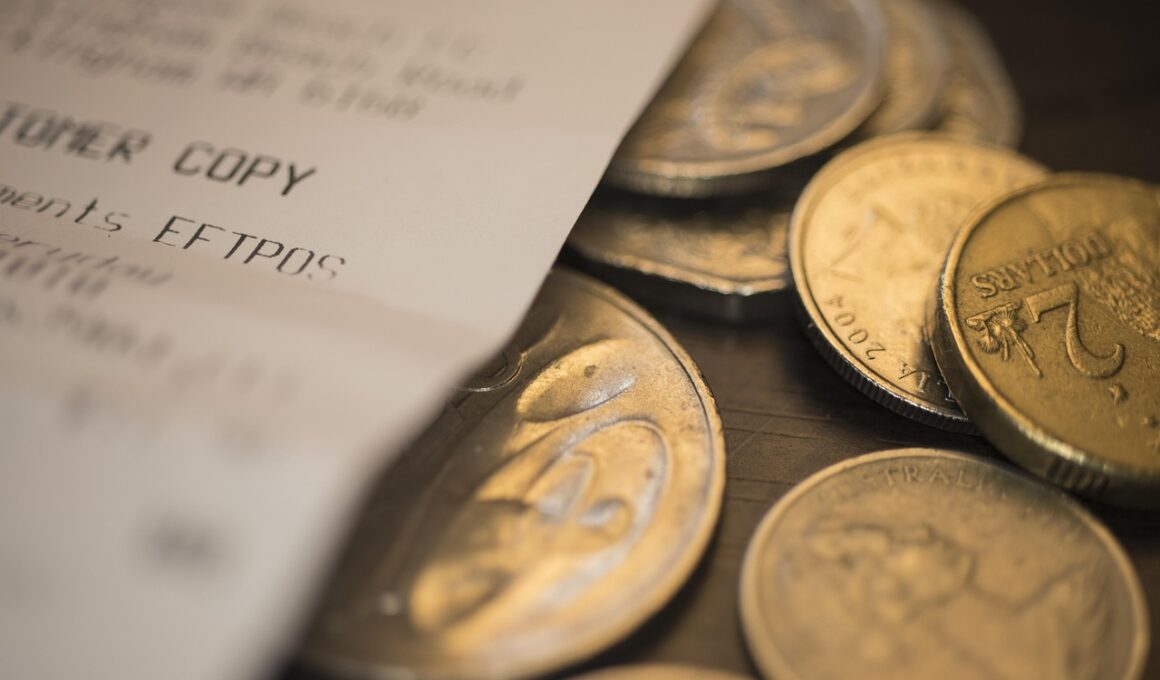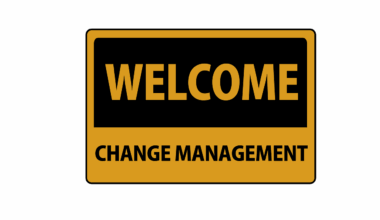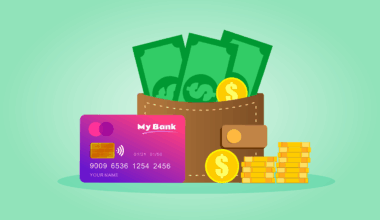Creating a Realistic Travel Budget: Step-by-Step Approach
When planning for a trip, setting a realistic travel budget is crucial. Begin by outlining your travel goals, including where you want to go and what experiences you desire. Consider potential destinations that suit your preferences and interests while also being mindful of their cost. Research the average expenses for accommodations, meals, activities, and transportation in your chosen locations. Utilize online resources, travel blogs, or forums to gather information from fellow travelers. Keep in mind that prices can fluctuate based on seasons, so account for any variations, such as peak tourist times. Always allow for flexibility in your budget for unplanned incidents or outlandish activities that might arise during your adventures. Once you have a rough estimation, create a detailed list of necessary costs and categorize them into sections for easier management. This proactive approach will allow you to assess what is feasible within your financial constraints. Remember, a well-balanced and calculated travel budget can turn your dream vacation into an achievable reality that provides joy without undue financial stress.
Calculate All Possible Expenses
To create a comprehensive travel budget, you must account for all possible expenses associated with your trip to avoid surprises. Begin by assessing your primary costs, including transportation, accommodation, meals, and activities. Transportation could encompass flight tickets, fuel, public transport, or car rentals. Dig deeper to evaluate hidden costs, such as baggage fees, insurance, and airport transfers. Then, turn your attention to accommodation. Research hotel prices, hostels, or vacation rentals that suit your preferences. Next, you should include meal expenses by determining daily food allowances. A reasonable estimate for meals can vary from simple street food to fine dining experiences, so account for your eating preferences. Additionally, consider the cost of activities or excursions you plan to engage in. If you intend to visit museums, theaters, or guided tours, include those costs in your budget. Lastly, don’t forget about miscellaneous expenses, such as souvenirs, shopping, or unexpected outings. With a detailed overview of potential costs, you’ll have a solid foundation for your realistic travel budget.
Once you’ve gathered all necessary information about potential expenses, prioritize your spending categories based on their importance to your travel experience. Begin by determining your non-negotiable expenses, such as airfare and accommodation. These are costs that are essential for your trip to happen. After that, categorize your secondary expenses, which include meals and activities. Think about what aspects of your trip are most important to you and how much you’re willing to spend on them. Having a clear hierarchy will help you manage your budget effectively while still enjoying your travels. If you find an area where you can cut back on spending, such as reducing dining expenses or opting for budget accommodations, do so. Lastly, keep in mind that budgeting for experiences is just as vital as budgeting for essentials. Allocate funds for unique opportunities that make your trip special and memorable. By prioritizing your travel budget according to what matters most, you can create a financial plan that allows you to travel more freely and enjoy your journey.
Establish an Emergency Fund
A critical aspect of creating a travel budget is establishing an emergency fund. Life can be unpredictable, and during a trip, unexpected expenses can arise that disrupt your planned budget. Having a separate emergency fund will provide you with peace of mind as you travel. Start by determining how much you want to set aside for emergencies, ideally around 10-15% of your total travel budget. This fund should remain untouched until a genuine need arises. Consider potential emergencies, such as medical situations, lost luggage, or unplanned activity costs. Being prepared for these unfortunate events can save you from financial distress during your vacation. As you travel, keep slight flexibility in your day-to-day spending, allowing room to accommodate any emergencies without derailing your entire budget. Utilizing travel insurance might also ensure that you’re protected against unforeseen circumstances, such as trip cancellations or theft. Remember that being financially prepared for emergencies encourages you to explore more and enjoy your adventure without holding back due to financial anxiety.
To ensure your travel budget remains practical, continuously track your expenses while on your trip. Consistent monitoring allows you to observe how closely you adhere to your planned budget. Carry a small notebook or use budgeting apps on your phone to record daily costs as they occur. This proactive approach not only helps keep your spending in check but also provides immediate insights regarding your financial habits. If you realize that you’re overspending in a particular area, you can adjust your daily choices to bring your expenses back in line with your budget. Consider setting daily or weekly spending limits to maintain accountability for your financial decisions. Accountability aids in resisting impulsive purchases that might threaten your overall budget. Prioritize activities that genuinely enrich your travel experience rather than succumbing to unnecessary temptations. Adapting your budget dynamically during your trip gives you nuanced control over your finances while guaranteeing enjoyment and exploration. In summary, keeping tabs on your expenses fosters a mindful travel experience that aligns with your financial goals.
Review and Adjust Your Budget
After your trip, it’s essential to review your travel budget’s accuracy and effectiveness. Reflect on the estimated expenses versus the actual costs incurred to identify areas of improvement. Analyzing your spending patterns can provide invaluable insights for future trips. Consider what aspects of your budget worked well and which ones may need adjustment. Did you overestimate or underestimate your food expenses? Were any activities unexpectedly costly? Understand the reasons behind any discrepancies to better plan next time. If you consistently overspend in a particular category, make necessary modifications to your budget benchmarks. This reflection process will not only enhance your future budgeting skills but also increase your confidence in financial decision-making while traveling. Share your experiences and lessons learned with fellow travelers to foster a collective understanding of effective budgeting techniques. Collaborative knowledge can strengthen everyone’s travel planning and budgeting efforts. Ultimately, consistently reviewing and adjusting your budget allows you to refine your travel finance strategies for future adventures, ensuring each new trip is more financially informed and enjoyable than the last.
In conclusion, creating a realistic travel budget requires a well-structured approach that encompasses thorough planning, prioritizing expenses, and ongoing management. By delineating your travel goals and understanding potential costs, you can craft a financial roadmap that guides you through your adventure without causing undue stress. Keeping track of spending during your trip ensures that you stay on top of your budget, and establishing an emergency fund bolsters your financial independence. Equally vital is reviewing and customizing your budget based on past experiences, fostering a deep understanding of the nuances of travel finance. The key takeaway is that with foresight, discipline, and thorough planning, your dreams of travel can become a reality, leading to fulfilling experiences without falling into financial hardship. Embrace the thrilling journey ahead with confidence while keeping your travel budget in check. Each trip is an opportunity to learn more about yourself and your financial philosophies. So be adventurous yet responsible in your travels, allowing each jaunt not only to widen your horizons but also to strengthen your financial literacy and habits.


